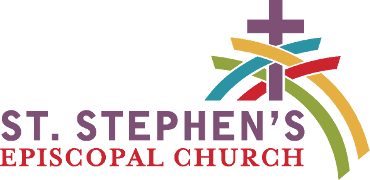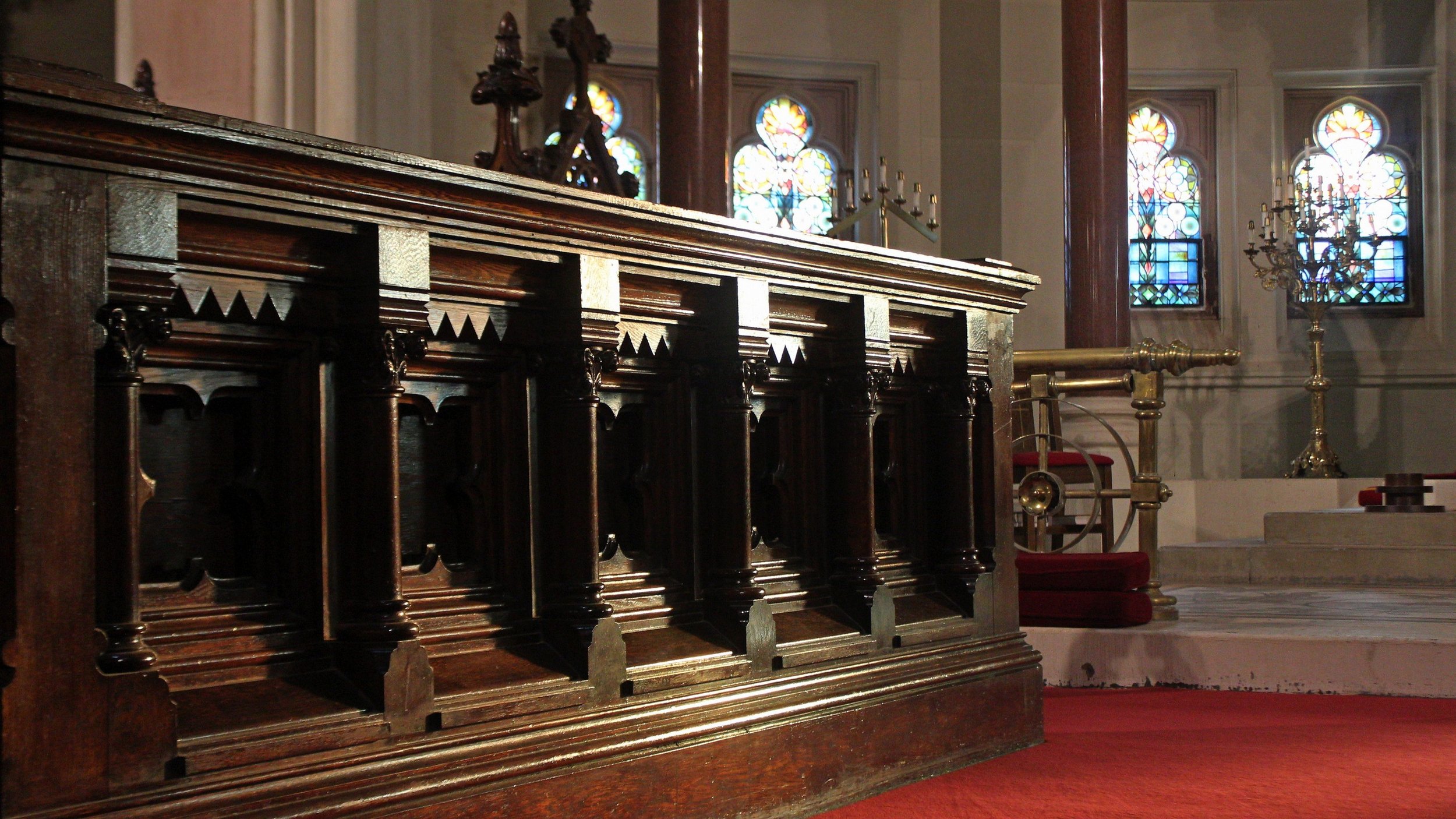According to An Episcopal Dictionary of the Church, as found on the website for The Episcopal Church, liturgy is defined as “a public and social event. It engages our lives and faith, our thoughts, feelings, hopes, and needs-especially our need for salvation in Christ. Liturgy includes actions and words, symbols and ritual, scriptures and liturgical texts, gestures and vestments, prayers that are spoken or sung.”
At St. Stephen’s, we strive to maintain the dignity of the “work of the people,” a common definition for liturgy, as taken from the Greek translation. We involve as many individuals as possible (choir, acolytes, Lay Eucharistic Ministers, ushers) so that our service truly reflects our community of faith. Our main source for the service is naturally, the Book of Common Prayer, the official prayer book of the Episcopal Church. “The BCP provides liturgical forms, prayers, and instructions so that all members and orders of the Episcopal Church may appropriately share in common worship. Anglican liturgical piety has been rooted in the Prayer Book tradition since the publication of the first English Prayer Book in 1549” (An Episcopal Dictionary of the Church).
The Book of Common Prayer has two distinct rites for Holy Eucharist, Rite I and Rite II. At St. Stephen’s, it is the tradition to celebrate Rite II at our Sunday services and on special feast days or solemnities, such as Easter and Christmas.
At St. Stephen’s, one has the opportunity to worship at two different times on a Sunday morning. Our 8:00 am service is quiet, with no music and is generally shorter in time (30 minutes) with a smaller group of worshipers. This earlier service is usually held in the Chancel/Choir space of the church. The 10:00 am Holy Eucharist includes music and generally 60 minutes in length, with a much larger crowd.
We use three different episcopal hymnals: The Hymnal of 1982, Lift Every Voice and Sing, and Wonder, Love, and Praise. Our hope is that by using the three hymnals, we can worship in different styles, customs and traditions – all these that reflect our diverse congregation.
Our communion table is open to all, and we welcome all. As is often said at communion time, the table of the Lord does not belong to St. Stephen’s or the Episcopal Church…it belongs to Jesus and all are welcome!


